Over the last two years, several small and large food businesses alike fell by the wayside due to ongoing challenges brought on by the COVID-19 pandemic. For those that did survive, logistical and supply chain issues, staff shortages and plummeting sales were just some of the many challenges they had to contend with. Grandma Emily, a natural and organic snack maker, was no exception.
Prior to the pandemic, the burgeoning brand was finding its stride –– attending North American trade shows, redesigning its packaging and securing deals with airlines. Now, Grandma Emily is getting back on track and making use of the many lessons learned over the past two years.
Xtalks spoke to the president of Grandma Emily, Corey Eisenberg, to find out more about the brand’s humble beginnings, products and how it weathered the pandemic’s storm.
Grandma Knows Best
Formed by the original founder, Andrea Courey, in 1997, her grandmother Emily was the inspiration for the business. At 15 years old, Emily immigrated from Syria to Canada and never lost her belief in healthy, wholesome eating. Courey followed in her grandmother’s footsteps, making her own granola with the help of Emily’s original recipes. And from there, Grandma Emily Granola was born.
The business slowly but surely gained traction after a successful breakfast at a Montreal hotel, in which Grandma Emily catered to ten times the number of guests originally planned. As a result, the hotel industry gave Courey business and the brand continued to grow from there. By establishing and fostering relationships in the foodservice sector, the brand eventually evolved into retail as well.
In March 2015, Eisenberg purchased the business after spending the previous 25 years in the clothing industry. Despite this being his first venture in the food industry, he believed his entrepreneurial skill set would carry over to a different industry. After a challenging first couple of years, Grandma Emily gained some momentum under Eisenberg’s leadership.
Related: Partake Foods Goes Beyond Allergen-Friendly Treats to Create Opportunities for People of Color
Granola and Beyond
While the business stayed true to its original approach, it began tweaking some recipes, increasing the product assortment and redoing its packaging. Catering to both the retail and foodservice sectors, Grandma Emily offers an assortment of natural and organic snacks, from granola bars and cereals to nuts and trail mixes.
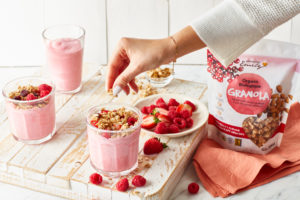 “The granola cereals were probably the foundation of it, then the granola bars,” Eisenberg said. “Then there were certifications that came on, organic and Kosher certification, which we further advanced once I took over the company, followed by whole grain certification and non-GMO on the organic products and some of the grain-free products.”
“The granola cereals were probably the foundation of it, then the granola bars,” Eisenberg said. “Then there were certifications that came on, organic and Kosher certification, which we further advanced once I took over the company, followed by whole grain certification and non-GMO on the organic products and some of the grain-free products.”
Along with its vibrant packaging and trendy flavors, Grandma Emily differentiates itself from other snack brands by offering products with less sugar than its competitors and catering to those that are dairy-free and vegan. The company also prioritizes clear labeling so consumers know exactly what they’re getting in each product.
“Ninety-nine percent of what we produce is done on the premises. So, control is important to us for a variety of reasons,” Eisenberg said. “In adhering to [Canadian food safety guidelines], we feel it helps us make a safer product, but also a better-quality product. And we can concentrate on the flavor profiles and on the consistency of the food. And we work very, very hard to maintain that.”
Today, Grandma Emily products are available through various foodservice channels as well as in select North American retailers, including Farm Boy, Metro and Whole Foods. However, keeping the business afloat over the last two years was no easy feat.
Surviving COVID-19 as a Small Food Business
“In the very beginning, we went on virtual meetings and that was a big difference since it took away the personal contact,” Eisenberg said. “And I found that it hindered us a lot in our growth potential. We had a lot of wind beneath our wings. Just as a pandemic hit in February 2020, we were soaring and we really got hit hard by the pandemic.”
Because of the nature of the food industry, conducting business virtually became very difficult when it came to securing new opportunities early in the pandemic. And online meetings don’t allow participants to taste or smell food products in real-time, which is a major component of attracting business.
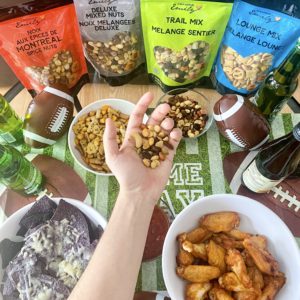
Trade shows and live events were key for Grandma Emily, which secured one of its largest contracts from simply attending a show. While business did not always come directly from a show, it was a point of contact and helped the business gain exposure and publicity. But with trade shows canceled or rescheduled, Grandma Emily had to find other means of acquiring business.
Prior to the pandemic, the brand also worked with the airlines and airports. “Obviously with the pandemic, sales went down dramatically because the flights went down, they were cut,” Eisenberg said. “They still are being cut, actually. So, we’re hoping the resurgence of flights will earn us some more business.”
While business was cut due to the cancellation of trade shows and flights, Grandma Emily focused on listening to its customers and going after the products that they’re specifically looking for. It prioritized clients, tailoring its offerings to best suit their needs. It also concentrated on single-serve packaged goods from a hygienic point of view. By listening to existing customers and clients and carefully following safety protocols, Grandma Emily is coming out of the pandemic with a positive outlook.
“We feel very fortunate that we’re around today and it’s a battle still to get back the traction where we were at,” Eisenberg said. “So, we’re really fighting to grow our business again. And we’ll be out there. We think some competition will have been eliminated, but there won’t be any restrictions to entry to the marketplace anew.”
What’s Next for Grandma Emily?
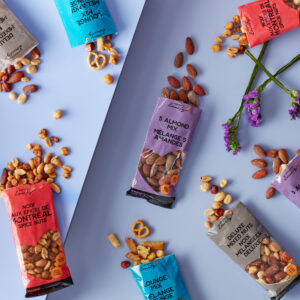 Expanding further into the American market is one of Grandma Emily’s top priorities. The brand currently works with a chain called Big Y and has previously worked with Stop & Shop, so it’s hoping to grow its presence in the US. Developing new products is also on the agenda in 2022, with a low-sugar, high-protein, single-serve quick oat breakfast cereal in development, among other snacks.
Expanding further into the American market is one of Grandma Emily’s top priorities. The brand currently works with a chain called Big Y and has previously worked with Stop & Shop, so it’s hoping to grow its presence in the US. Developing new products is also on the agenda in 2022, with a low-sugar, high-protein, single-serve quick oat breakfast cereal in development, among other snacks.
“What retail buyers are looking for is simplicity. And the more simplicity you could offer them, gives them more reason to buy from you,” Eisenberg said. “It’s not entirely your product, it’s how you operate and can execute. And we’d like to think we facilitate things for buyers to purchase for us. And we try to make it as easy as possible.”

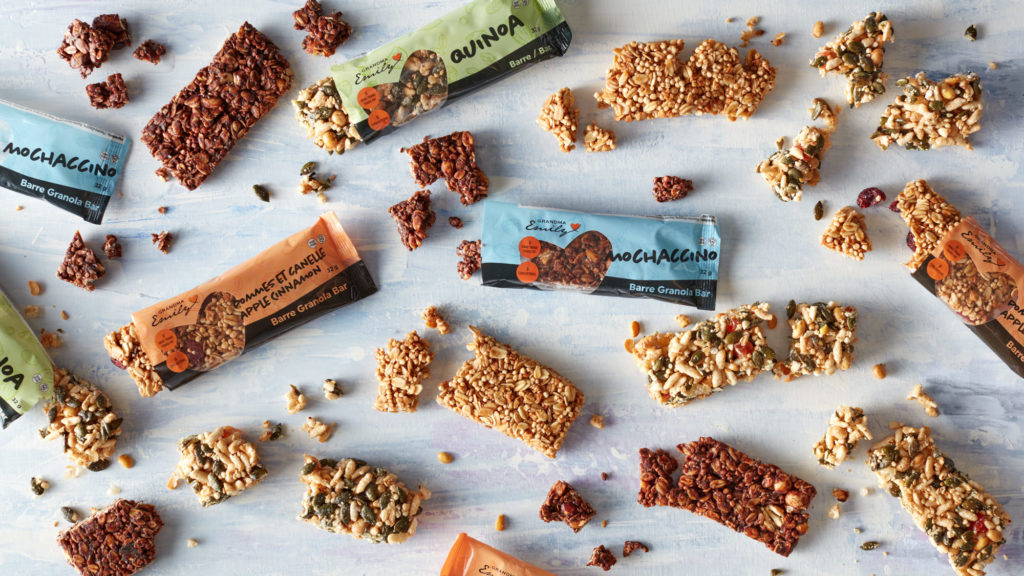
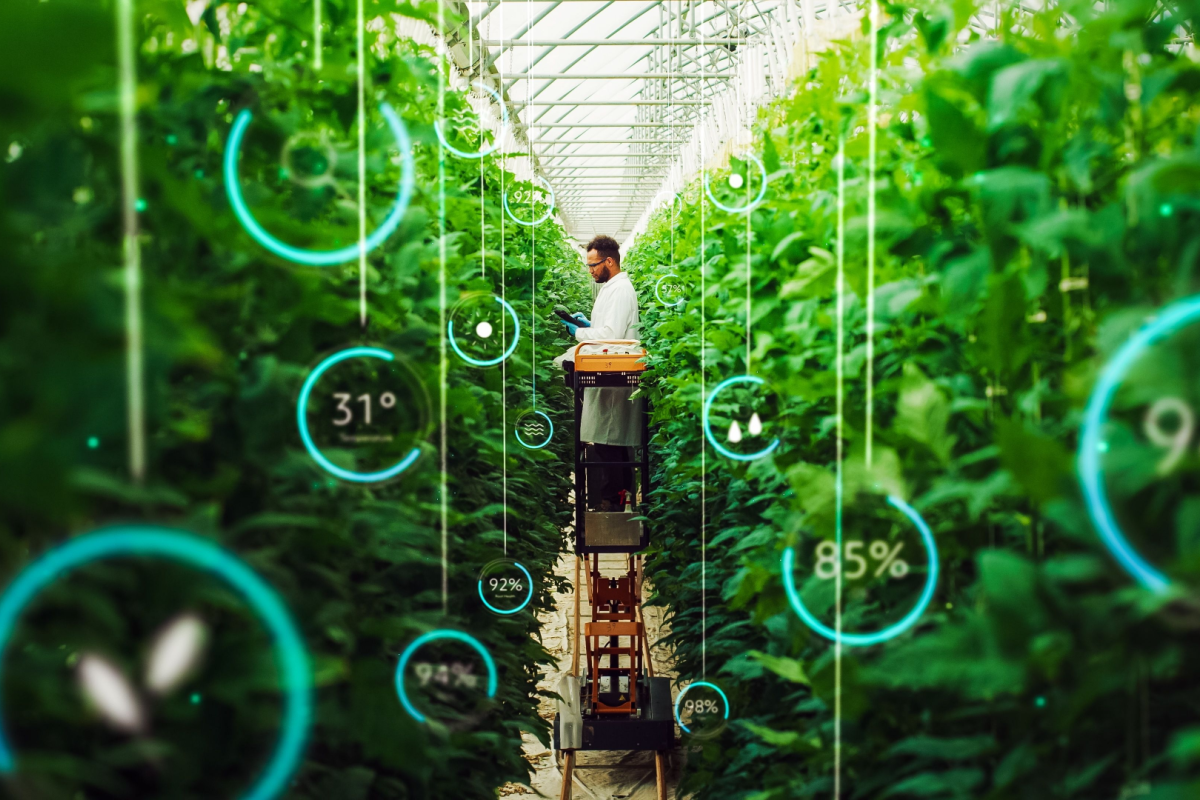
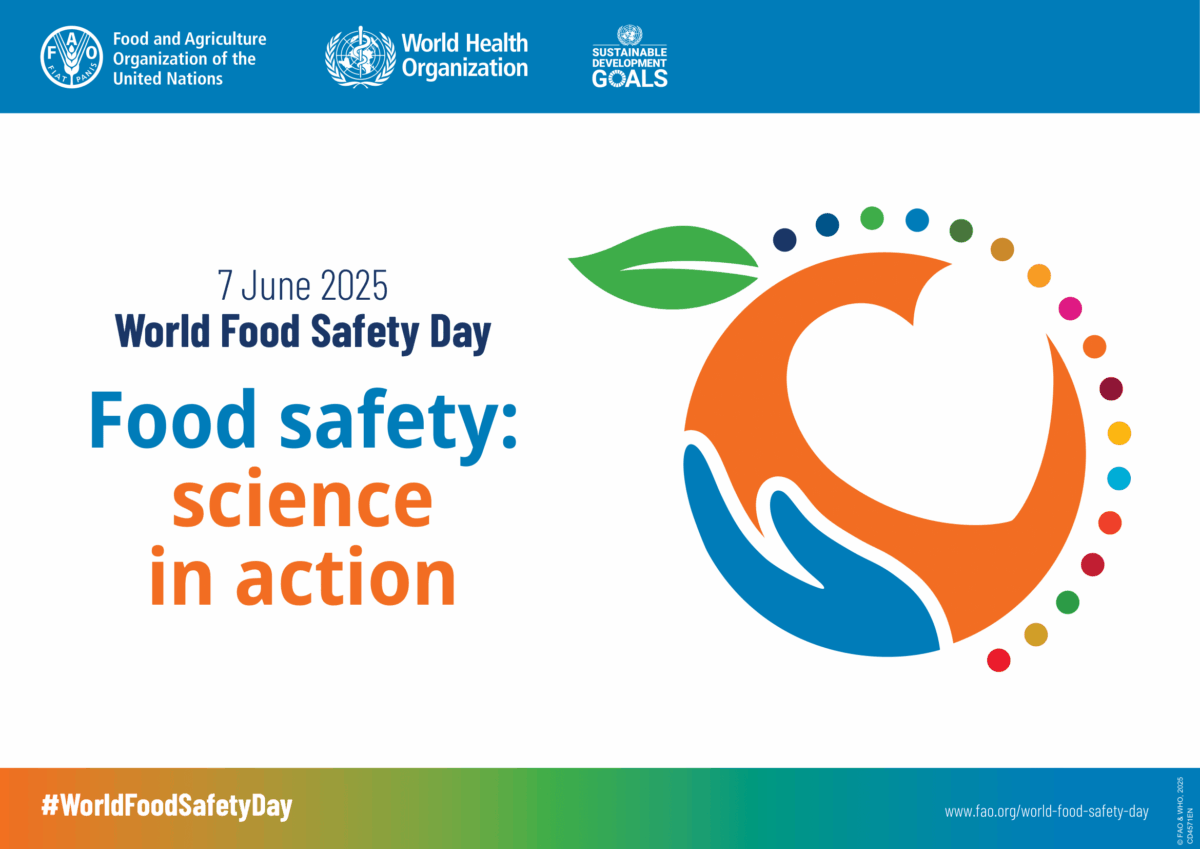
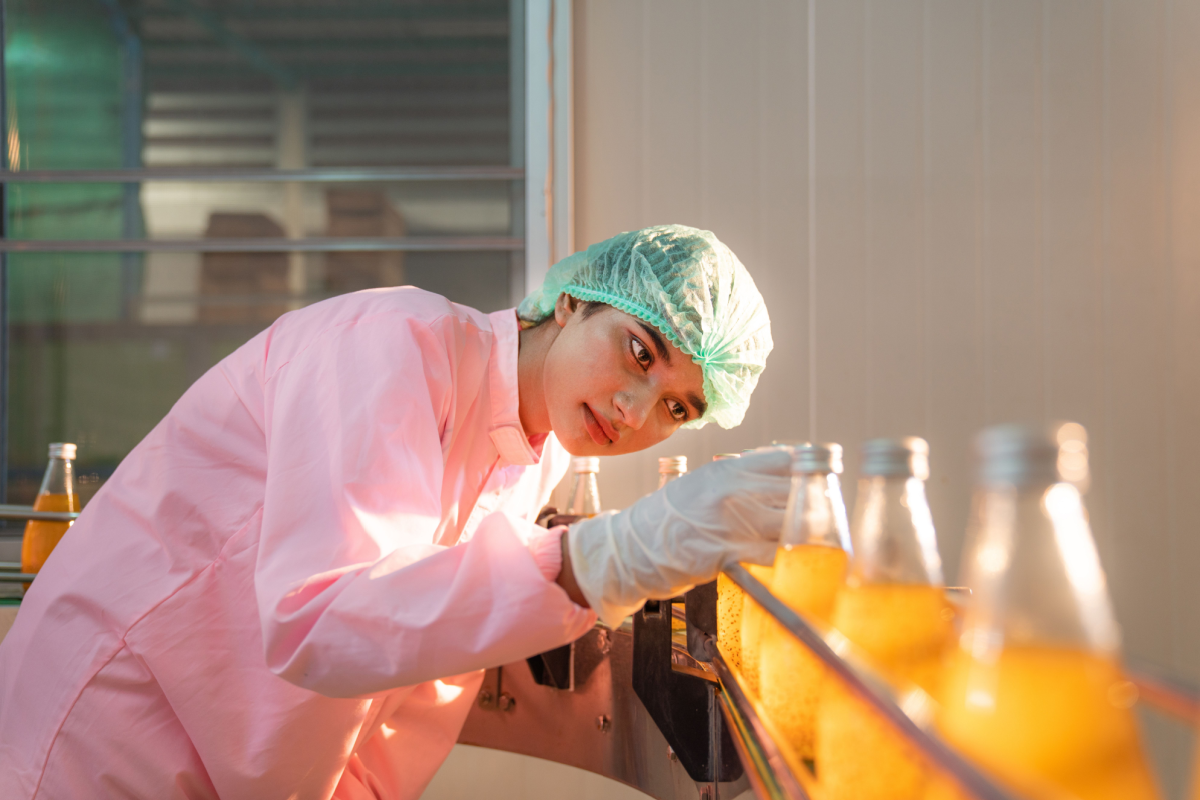
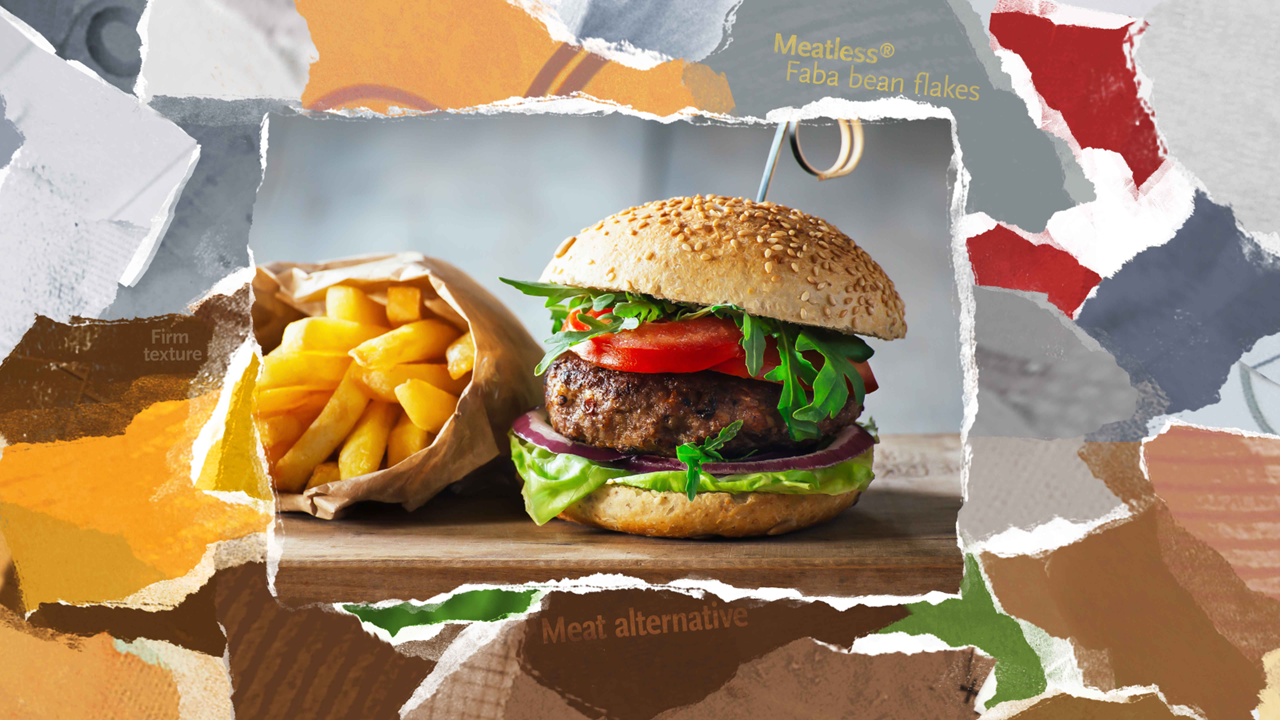






Join or login to leave a comment
JOIN LOGIN